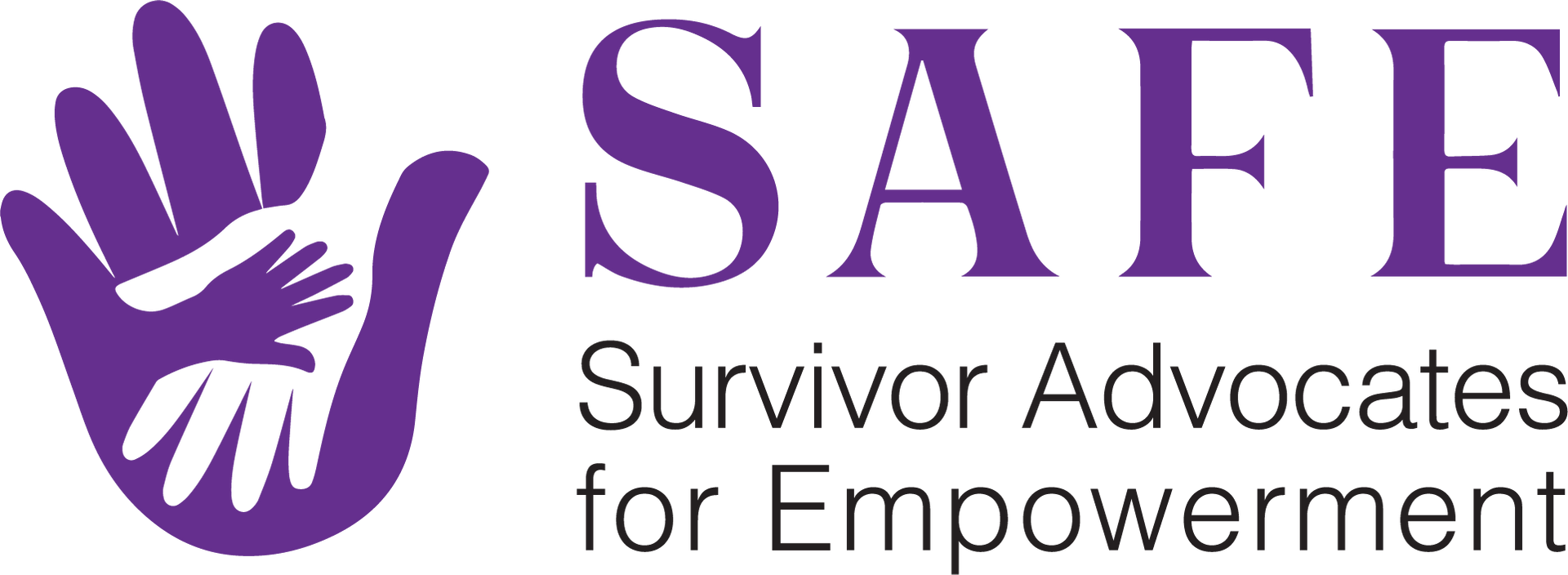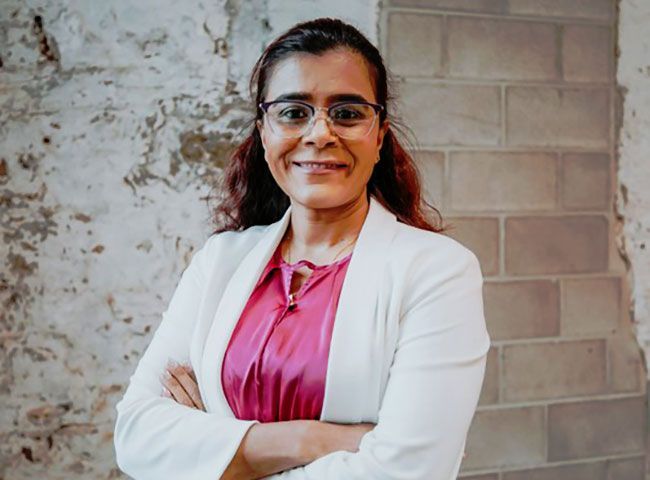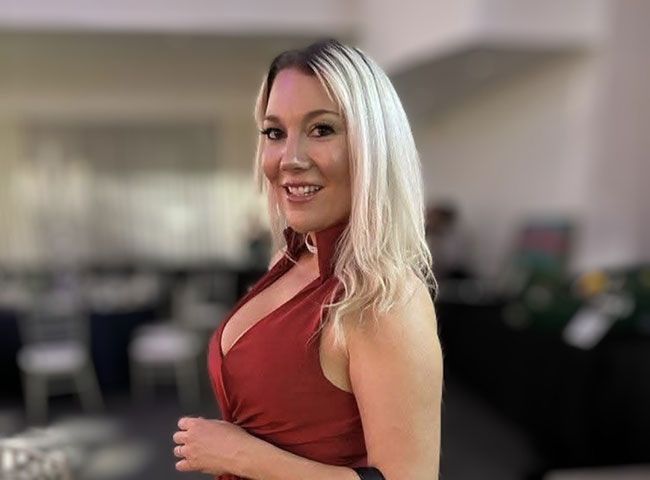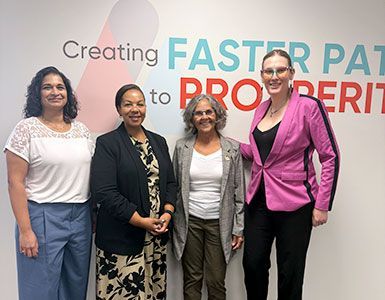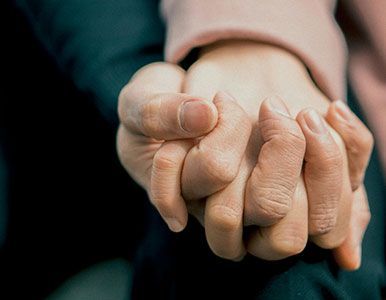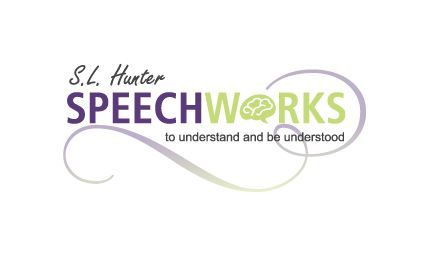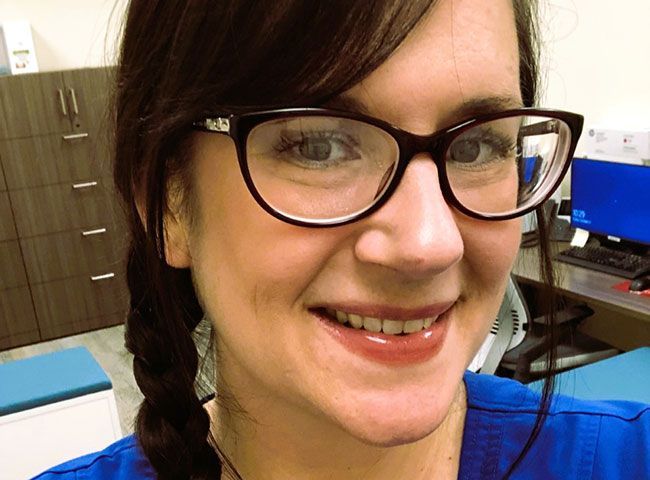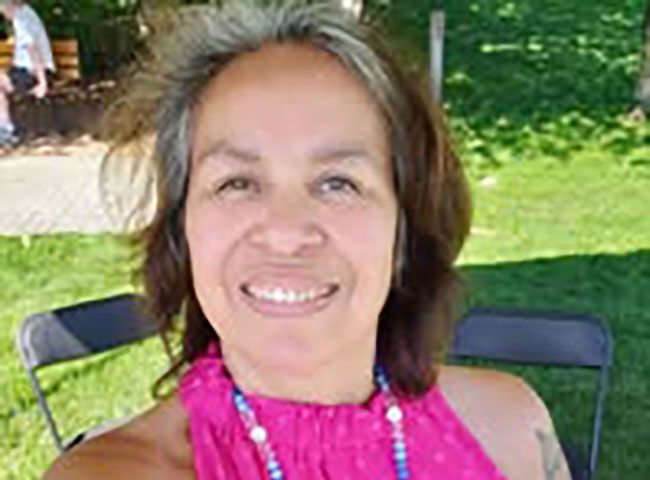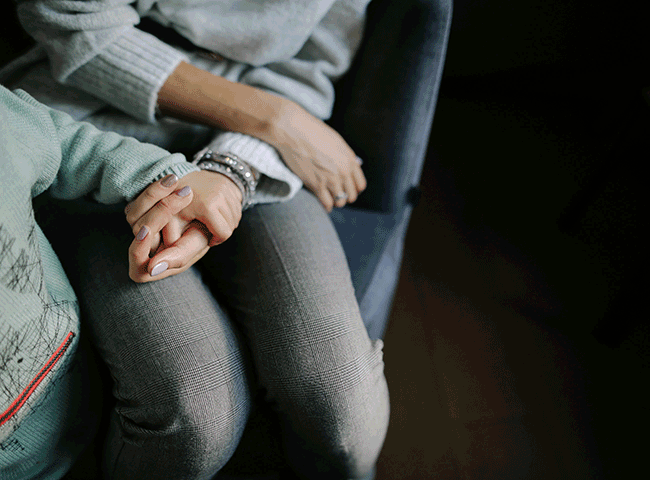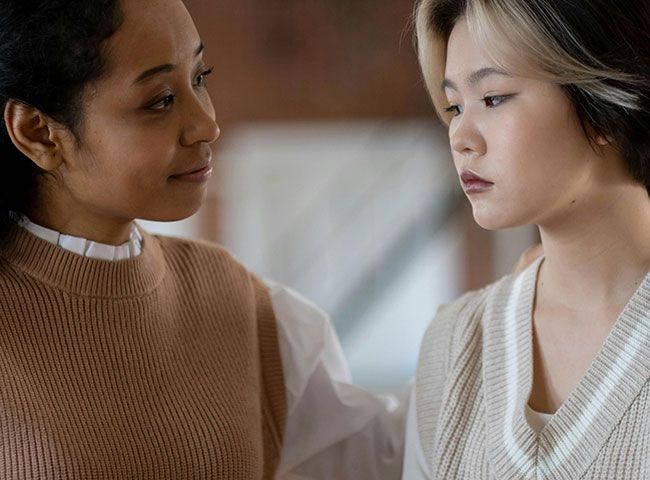Peer Support vs. Advocacy: Why Language and Roles Matter
At the Voice of Lived Experience Workshop, organized by
Community Development Halton, a group of survivors and peer leaders gathered to talk about what support really means—and what it doesn’t. One theme came through clearly: language matters. When we talk about peer support and advocacy, the words we use shape expectations, boundaries, and the way people show up for each other. Representing SAFE was Committee Chair Lorraine Rollo, who joined Betty-Lou Kristy, Director of the Centre for Innovation in Peer Support at
CMHA Halton; Sandra Halton, Peer Mentor at CMHA Halton; Ruby Atesoglu, Peer Support Lead at
WomenatthecentrE; and Chanay Dallas, Peer Outreach Worker at
Elizabeth Fry Toronto Together, they shared what happens when survivors are respected as both participants and leaders.
What Is Peer Support?
Peer support is built on shared experience. It happens when someone who has been through similar trauma offers emotional support, connection, and understanding. It isn’t therapy. It isn’t advice. It isn’t about “fixing” someone.
It’s being there. Sitting beside someone in silence. Listening without judgment. Offering hope because you’ve lived through it too.
What makes peer support powerful is that it isn’t about telling someone what to do. It’s about walking with them while they figure it out. For many survivors, especially those who don’t trust traditional systems, this can be the first time they feel truly seen and heard.
And What About Advocacy?
Advocacy works at a different level. It focuses on systems, policies, and social change. It means speaking up when services fail survivors. It challenges the way institutions respond to trauma. Advocacy might include public education, policy recommendations, or pushing for better access to housing, safety, or justice.
Unlike peer support, which is relational and often quiet, advocacy is public and strategic. It has goals. It demands change. And it often requires survivors to share their stories not just for connection, but to shift attitudes and structures.
Why the Distinction Matters
Sometimes the line between peer support and advocacy gets blurry. People who offer peer support are often invited to take part in advocacy work. That’s not a bad thing. But it can become problematic when expectations aren’t clear.
A survivor might think they’re joining a support group, only to find themselves asked to share their story at a public forum. Or someone might be invited to sit on a committee, not realizing they’re expected to speak on behalf of all survivors.
When that happens without preparation, without consent, or without support, it can cause harm.
Respecting Roles and Boundaries
Survivor-led work only works when survivors are respected—not just as voices, but as people with limits, needs, and choices. That means making roles clear. Is someone here to offer support? Are they being asked to shape policy? Are they sharing their story, or guiding someone else through theirs?
Clear boundaries protect both survivors and the integrity of the work.
This also includes fair compensation, trauma-informed spaces, and recognizing when someone is ready or not ready for certain kinds of engagement. Workshops and lived experience panels are one way SAFE supports this preparation and care. Sharing a lived experience doesn’t mean you owe it to anyone. It’s a choice, not an obligation.
How Peer Support and Advocacy Work Together
These two approaches aren’t in conflict. In fact, they can strengthen each other.
Peer support helps someone feel grounded, heard, and less alone. Advocacy works to shift the systems and conditions that may have failed them. One focuses on connection. The other pushes for change.
Not every survivor wants to be an advocate. Not every advocate is comfortable offering personal support. That’s completely okay. These roles require different skills, energy, and levels of readiness. The important thing is that each is respected and clearly understood.
Here’s how they typically differ:
Peer Support
- Focuses on emotional connection, trust, and shared experience.
- Happens in small, safe, survivor-centered spaces.
- Offers validation and presence without pressure to act.
Advocacy
- Focuses on systems, structures, and social change.
- Can involve public speaking, organizing, or policy work.
- Requires preparation, support, and consent to share lived experience.
Some people begin by sharing in a peer setting and later choose to use their experience to help improve services. Others may find comfort in community but prefer to focus on their own healing. Both choices are valid.
What matters most is that people are given clear options and are never pressured into a role they didn’t choose.
Moving Forward with Intention
If you’re part of a survivor-led space, a service provider, or just someone who wants to help, take time to learn the difference between support and advocacy. Use the right language. Ask before you invite someone into a role. Make space for survivors to choose what’s right for them.
The language we use can open doors. It can also close them. Let’s make sure we’re building spaces where survivors feel safe, seen, and supported on their own terms. If you’d like to get involved or support SAFE’s mission, there are many ways to show up with care and intention.
